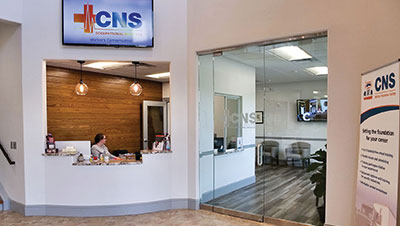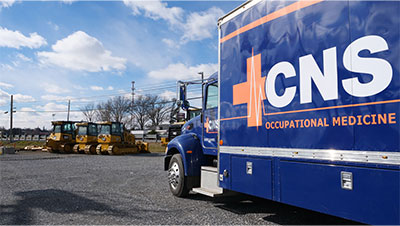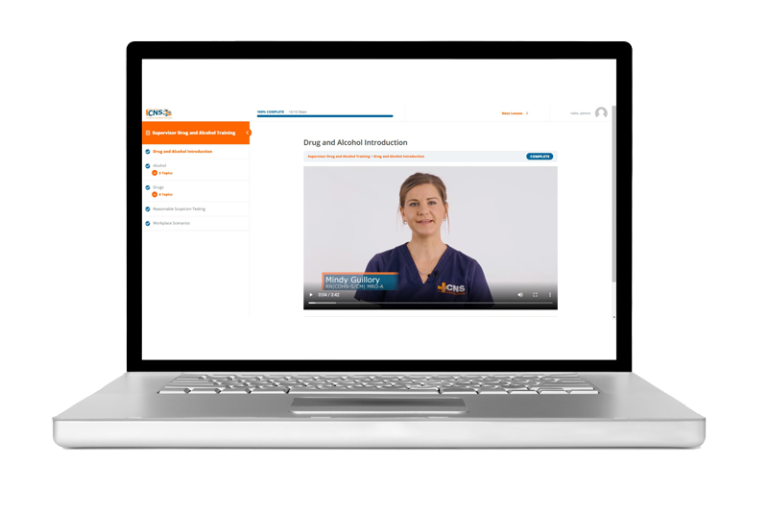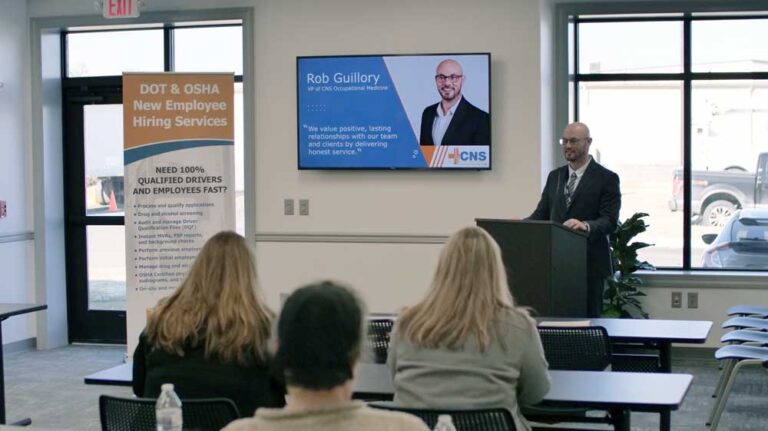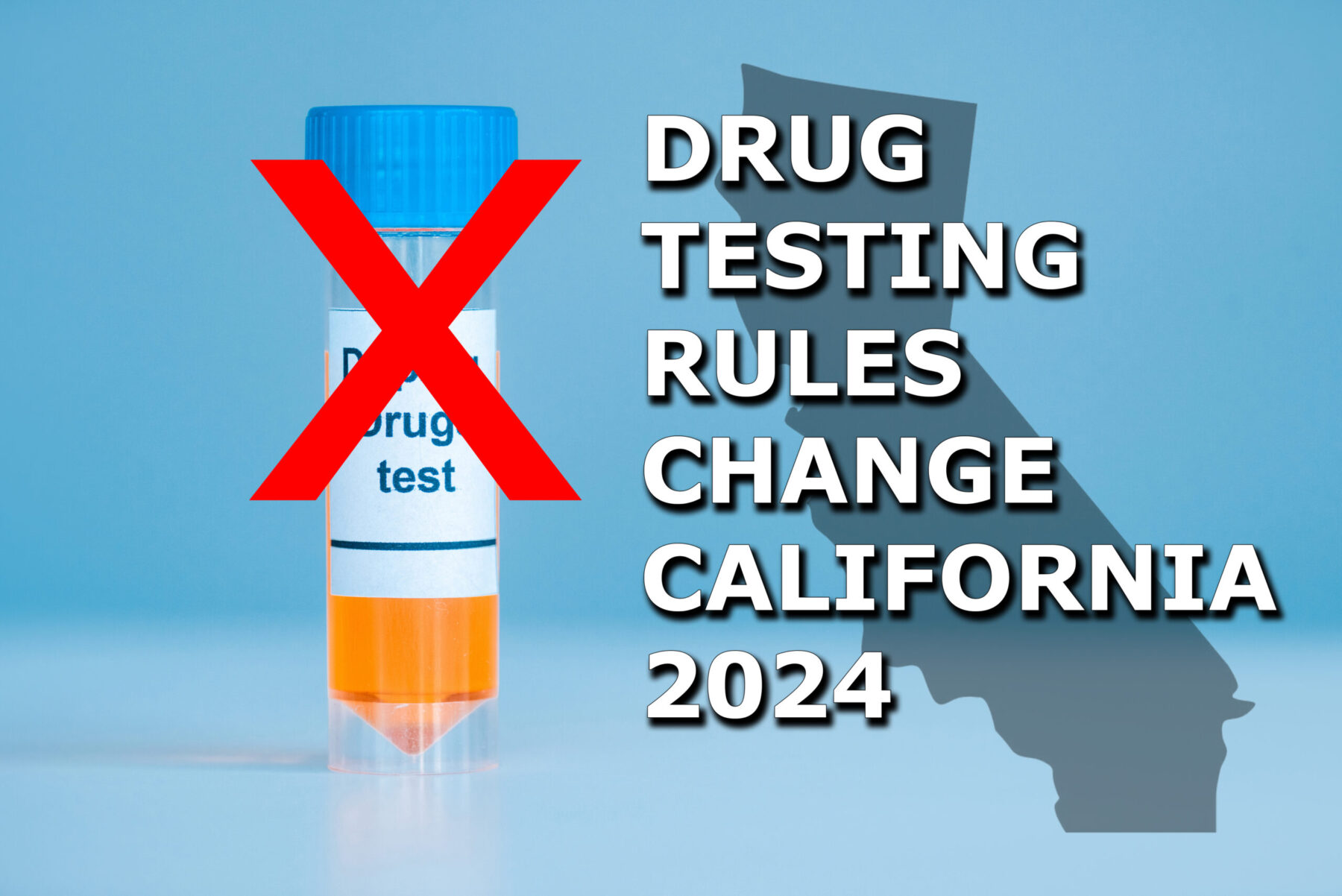Starting January 1, 2024 in California, employees gain more protection if they use cannabis when off the job and away from work.
To prevent drug and alcohol abuse affecting the workplace by employees on and off the job, employers need to utilize some form of drug and alcohol testing for employees and job applicants, especially in safety sensitive positions.
However, there are many state restrictions on what employers can and can’t drug test for or how.
Now, California is giving more employee protection, with Minnesota, Colorado, and other states likely following soon after.
So, what do employers in California need to know?
What drug testing rules will change in California in 2024?
Assembly Bill 2188 (AB 2188) updates the California Fair Employment and Housing Act (FEHA) and makes employers with five or more employees required to demonstrate that any alleged cannabis use impacted the employee on the job while at work prior to penalizing any applicants or employees.
Basically, the bill makes it unlawful for an employer to discriminate, terminate, or otherwise penalize an employee, if:
- employee/applicant’s use of cannabis is off the job and away from the workplace; or
- employer-required drug-screening if found positive for non-psychoactive cannabis metabolites
What can employers do?
Beyond employees actively using cannabis at work (which can still be terminated, disciplined, or otherwise penalized), employers are able to make employment-related decisions based on drug tests that address an employee’s “current impairment”, or if they have active cannabis metabolites.
Tetrahydrocannabinol (THC) is the chemical compound in marijuana that can indicate impairment and cause psychoactive effects. After THC is metabolized (broken down in the body), it is stored in the body as a non-psychoactive cannabis metabolite.
This means employers are required to use “scientifically valid pre-employment drug screening” to be conducted through methods that do not screen for non-psychoactive cannabis metabolites.
These methods include:
- Oral saliva drug test
- THC Breathalyzer drug test
- Blood drug test
Related: How To Keep Good Employees Around Who Fail A Drug Test
Additionally, this bill does not preempt state or federal laws and regulations, such as the Department of Transportation, requiring applicants or employees to be tested for controlled substances as a condition of employment.
These employees can still be tested with the urine drug testing method.
What can’t employers do?
The bill prevents discrimination based on the results of a drug screening that detected non-psychoactive cannabis metabolites in the employee’s system.
This means employers cannot use these drug testing methods:
- Urine drug testing
- Hair drug testing
This protection is because individuals can test positive for these metabolites weeks after using marijuana.
What should employers in California do now?
With the end of the year and this new law, employers need to update their drug testing policies.
Related: BEST WORKPLACE DRUG & ALCOHOL POLICY GUIDE
Employers should change their pre-employment marijuana testing policies that currently require urine drug test to one of the other acceptable drug testing methods (oral saliva, blood, or THC breathalyzer), or remove the policy all together.
Clearly stating when testing is needed may mean describing a threshold before testing occurs.
For example, employers could require pre-employment testing to only safety sensitive positions. Workplace safety is the principal concern for responsible companies. Substance users are about 3.5 times more likely to be involved in accidents on the job and 5 times more likely to hurt themselves at work, according to ACDE. A company should clearly state which positions are safety-sensitive in their drug testing policy.
Maybe you decide that pre-employment testing is not required, but you want to be able to hold accountable an employee that caused an accident on-site or just state that being high at work is not okay. Then your policy should specify that all employees are subject to a post-accident or reasonable suspicion testing if an accident occurs, or drugs were found at the workplace.
Employers should consult with their labor and employment counsel to make sure changed policies meet local, state, and federal regulations.
How To Manage The Policy
Drug testing policies are not just complicated to create, but they need to be understood and managed well by all supervisors.
CNS Occupational Medicine can help with customized policy development.
Drug testing policies can be complicated and should consider:
- Purpose of the Policy
- Specimen Types
- Testing Procedures
- Prescription Drug Disclosure
- Federal Regulations (DOT)
- State Drug Testing Laws and Marijuana Laws
- Workers’ Compensation
- ADA
- Prohibited Conduct
- Consequences
Our Occupational Medicine Team can also develop a custom workplace safety plan for your company. You may need a combination of services like physicals, audiograms, and drug testing, and you may also need these services performed on-site.
For more information, contact us at 800.551.9816 or info@cnsoccmed.com.

